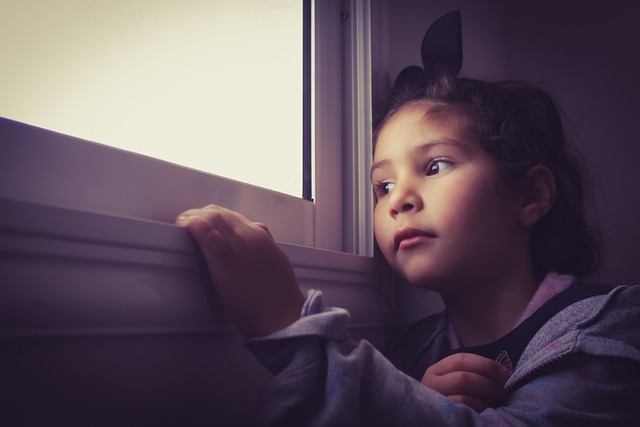The COVID-19 pandemic has caused children and adults to experience unmatched stress on a massive scale. Public health measures, such as social distancing, may make your mental health situation worse.
Read on to learn how the pandemic could be affecting your mental health.
Despair About The Future
As the pandemic drags on, you may be feeling despair about the future. The increase in cases that began in October may interfere with your holiday plans.
If you were looking forward to seeing elderly family members or traveling for the holidays, you may feel despondent about being stuck alone.
When short-term feelings of despair persist for more than two weeks, they may turn into depression.
Learn More about Importance of Mental Health Awareness in our FREE Holistic Health Magazine.
Increase In Anxiety
The COVID-19 pandemic has made people anxious. People have anxiety about losing their jobs or becoming homeless.
Many people have already lost their jobs, and they may worry about getting through the upcoming winter.
You may worry about being able to access care if you’re sick. If the worries and feelings of anxiousness take up most of your time or keep you up at night, you may have developed an anxiety disorder.
Strong Emotional Reactions
If you notice that you’re having more difficulty coping with your emotions, it’s a good idea to make an appointment for online counselling.
Telehealth services are secure and allow you to get the counselling you need without having to leave your residence.
Changes In Eating Or Sleeping Habits
The pandemic may have changed the way your brain and stomach communicate. When some people are extremely stressed, they eat too much.
Others experience the “flight or fight” syndrome and can barely eat at all when they’re under too much stress.
You may find that you crave comfort foods, especially if you’re typically a person who eats a healthy diet.
Many people have developed chronic sleep problems since the World Health Organization declared COVID-19 to be a pandemic on March 13, 2020.
You may be up late into the night worrying. Resulting in insomnia makes fatigue and your ability to cope even worse.
A sleep psychologist or physician may be able to help you with sleep hygiene tips or a prescription to help you fall asleep and stay asleep at night.
Fear About Your And Your Loved Ones’ Health
According to the Centres for Disease Control and Prevention, people who are at a higher risk of severe illness from COVID-19, or who have a family member at a high risk of serious illness are more likely to have strong emotions and extreme stress response to the pandemic.
You may experience a sense of fear or even panic if you wake up with a sore throat or if your child wakes up with a stuffy nose and can’t smell or taste their breakfast.
You may panic at the thought of what might happen if your loved one contracts COVID-19.
If you’re an essential worker, healthcare provider, or caregiver, your level of fear could be extreme. You may never have had a fear like this before.
More Use of Tobacco, Alcohol, Or Drugs
Substance abuse is a mental health disorder that affects many people. Your stress response may have caused you to use more tobacco or alcohol.
Some people turn to drugs as a coping mechanism. Many cities have seen an increase in overdose deaths since the pandemic began.
If you have a substance abuse disorder, keep Naloxone on hand. Set up a network of friends to check in with you every day. Substance abuse treatment is still available to help you get through this.
Exacerbation Of Existing Mental Health Disorders
Many people with diagnosed depression, anxiety, panic disorder, obsessive-compulsive disorder, and bipolar disorder have reported a worsening of their symptoms since the pandemic began.
For a while, many doctor’s offices and counselling centres stopped seeing patients. Until telehealth services ramped up, people may not have had access to the regular care they need.
Your symptoms that had been well-managed before the pandemic could be worse now.
The COVID-19 pandemic may not resolve for another year, and now is the time to take action to protect your mental health. It’s important to know that you’re not alone.
Help and treatment for mental health conditions are available.
You can find much more information on living a holistic lifestyle in these free magazines and on our YouTube channel.
Author Bio:
Amy Sloane is an alumnus of Oregon State University. She loves to learn about self-help techniques. If you are in need of online counselling in Canada, Amy suggests checking out Wellin5.






